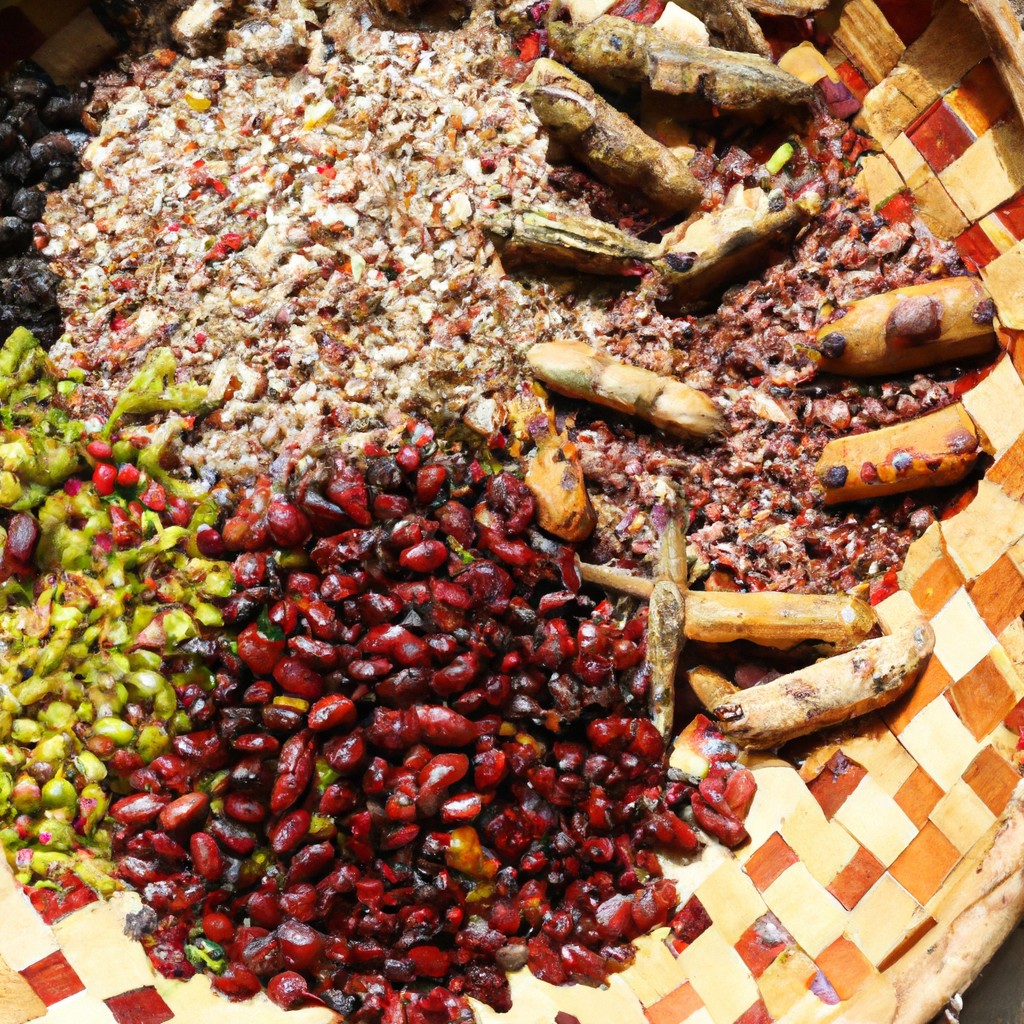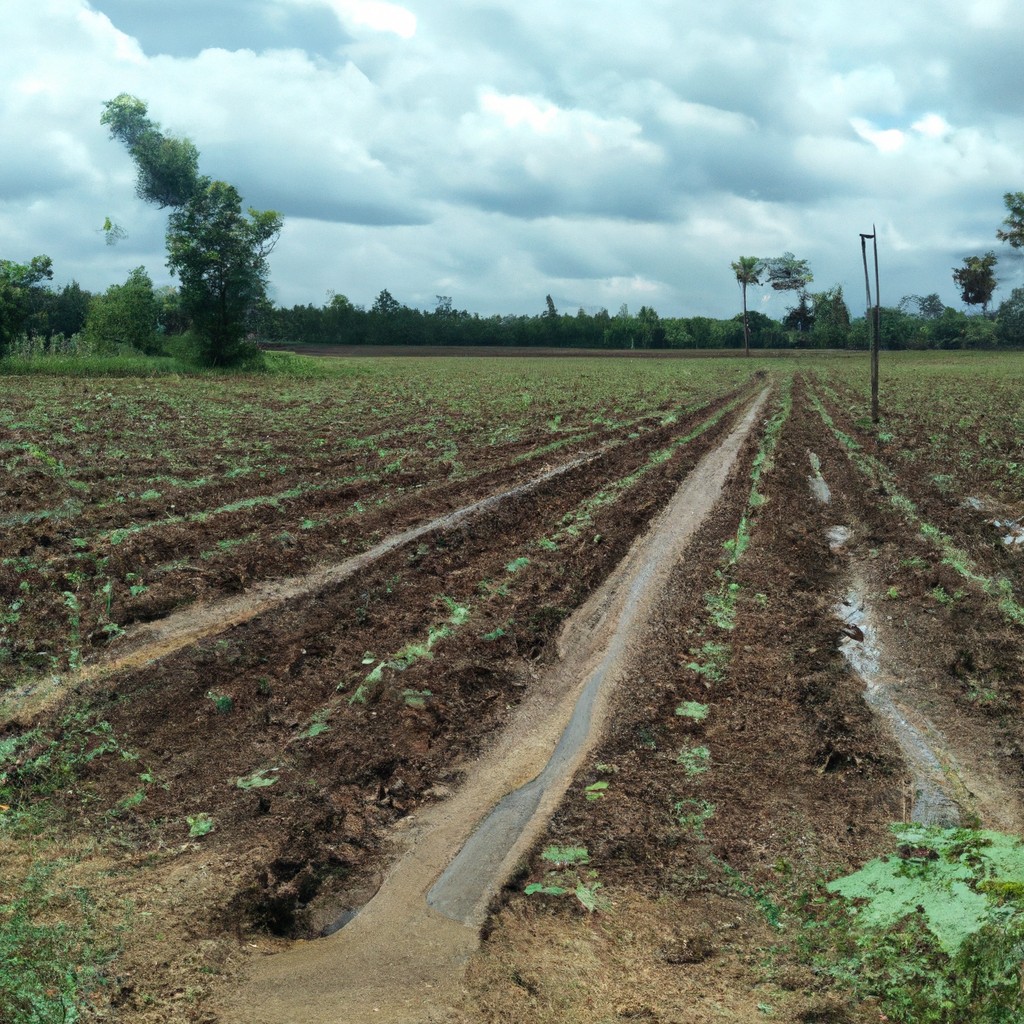Discover how an online 2-year agriculture degree can jumpstart your career in sustainable farming and regenerative agriculture.
Look Inside:
Features and Benefits

Accessible from anywhere with an internet connection, online programs are a game-changer. Imagine studying soil science in pajamas.
These programs are often designed for flexibility, perfect for those juggling jobs, families, or a thriving plant nursery.
Skip the commute, save time, and maybe fewer carbon emissions too. Mother Earth thanks you.
Many programs offer hands-on virtual labs and collaboration with peers. It’s like a YouTube tutorial, but with grades.
Costs are usually lower compared to traditional on-campus degrees. Wallet-friendly and eco-friendly sounds like a win-win.
Choose your specialization and tailor your education to your interests. From organic farming to agribusiness, make your learning journey uniquely yours.
Courses You Would Take
You’d find yourself delving into courses like Soil Science, where dirt isn’t just dirt—it’s a living, breathing ecosystem. Then there’s Sustainable Crop Production, which isn’t just about growing plants but doing so in a way that’s kind to Mother Earth. Animal Husbandry will have you engaging in some serious cow talk, making sure our furry friends are well taken care of.
Organic Farming Principles would probably make you think twice about pesticides, and in Agricultural Business, you learn how to turn crops into cash. In Plant Pathology, it’s all about keeping those pesky pests and diseases at bay, and with Horticulture, you could potentially turn your backyard into your own personal Eden.
Aquaponics might introduce you to the weird but fascinating world where fish and plants thrive together (yes, that happens). Finally, Farm Management teaches you to juggle all these balls in the air without dropping any—or yourself in the process!
Financial Aid
Financial aid is your knight in shining armor when it comes to managing tuition fees. Scholarships, grants, and loans are your best friends here. Scholarships are typically based on merit, so if you’re a superstar student, you could snag some dollars that don’t need to be repaid. Grants are like scholarships’ chill cousin; they’re usually need-based and also don’t require repayment. Federal and state aid can be accessed through the Free Application for Federal Student Aid (FAFSA) form, making the process easier than finding a needle in a haystack.
And let’s not forget about work-study programs. These allow you to earn money while gaining experience – double win! Online schools often have specific sections on their websites dedicated to financial aid, so don’t be shy about diving into those. They’re there to help you avoid selling your vintage comic book collection just to pay for classes!
Just remember, always read the fine print. Loans do need to be paid back, sometimes with interest that feels like it’s trying to teach you an expensive life lesson. It might seem overwhelming, but resources and guidance are abundant. Taking advantage of them can make your dreams of an agriculture degree more affordable than you think.
Career Outlook
Graduates with a two-year degree in agriculture have a buffet of career options. From becoming a crop production specialist to diving into soil conservation, the possibilities are almost as endless as a cornfield in Kansas. Jobs in renewable energy initiatives like biofuel production are also ripe for the picking.
Ready to get your hands dirty? Positions such as farm manager or agricultural technician are eagerly awaiting. Those who prefer a bit more science in their routine can go for lab technician roles in agricultural research.
If you’ve got a knack for tech, precision agriculture—think drones and GPS mapping—offers you the chance to blend farming with cutting-edge technology. And if your thumb is greener than the Hulk, careers in horticulture are calling your name.
From sustainable farming practices to pioneering regenerative agriculture techniques, this field isn’t just growing; it’s thriving.
Accreditation
Finding an accredited program is like spotting a unicorn in the wild—fantastic and essential! Accreditation ensures that the program meets certain standards of quality and rigor. It’s your assurance that the education you’re getting is legit.
Look for programs accredited by recognized bodies such as the Accreditation Council for Agriculture Education (ACAE) and regional accrediting agencies.
Accreditation also allows you to transfer credits easily if you decide to pursue further education. It’s like having a VIP pass to the world of academia.
Moreover, employers take accreditation seriously. They know you’re not just a couch potato with a diploma mill degree. A recognized program shows you’ve got the goods and the grit to handle real-world challenges.
Lastly, only accredited programs qualify for federal financial aid. We all know money doesn’t grow on trees, despite what the apple orchard might suggest. So yeah, grabbing an accredited program is a multi-win scenario.




